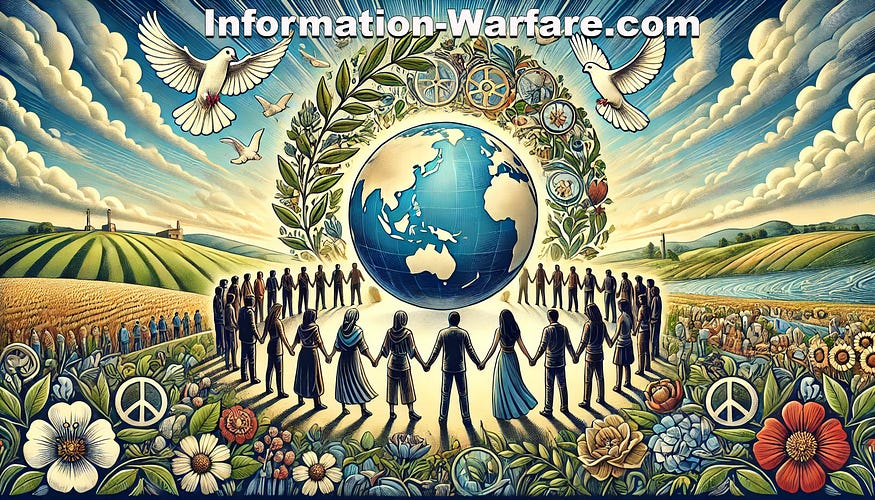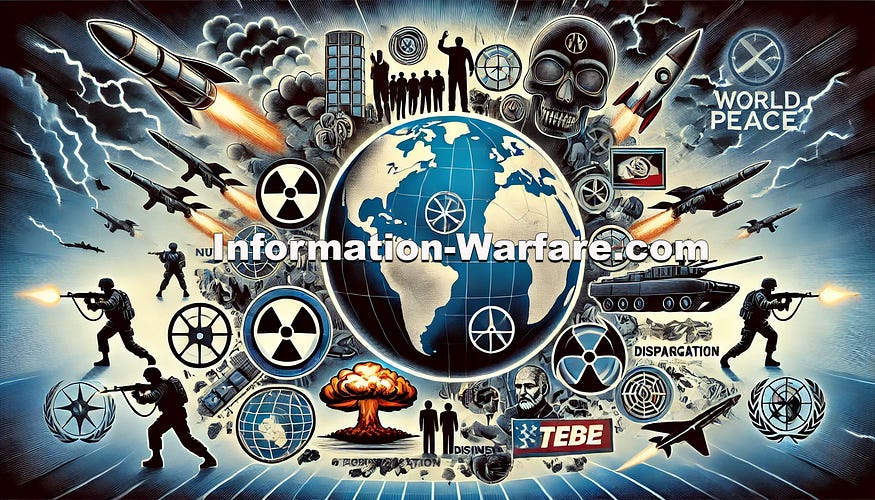Threat to World Peace
Why Trump is Considered a Greater Threat to World Peace than Kim Jong Un and Putin?

Factors Contributing to the Perception
Unpredictable Foreign Policy:
Trump’s impulsive decision-making creates uncertainty.
Unilateral actions, like withdrawing from the Paris Climate Accord and the Iran Nuclear Deal, disrupt global cooperation.
Contentious Relationships with Allies:
Abrasive interactions with traditional allies weaken alliances.
Criticism of NATO fosters distrust and undermines collective security.
Escalation of Tensions:
Confrontational rhetoric and policies towards countries like Iran and North Korea heighten fears of conflict.
Threats of military action and aggressive sanctions increase global instability.
Domestic Influence on Global Perception:
Controversial domestic policies and statements negatively impact international views of U.S. leadership.
Examples include the contentious NATO summit in London, where Trump’s interactions with other leaders underscored his contentious relationship with European allies.
Trump as a Potential Threat Due to Empowering Russia
Key Concerns:
Weakening NATO:
Repeated criticism undermines the alliance crucial for countering Russian aggression in Europe.
Pro-Russia Stance:
Favorable comments about Putin and reluctance to criticize Russian actions raise concerns about Trump’s alignment with Russian interests.
Foreign Policy Decisions:
Actions like withdrawing troops from Syria have allowed Russian forces to gain a stronger foothold.
Election Interference:
Lack of a strong response to Russian meddling in U.S. elections emboldens Russia to continue disinformation campaigns and cyberattacks.

Potential World Order in 10 Years if Trump Wins the 2024 Election
U.S. Isolationism:
An “America First” policy might lead to further withdrawal from international agreements and organizations, weakening global cooperation.
Weakened Alliances:
Continued criticism of NATO and other alliances could undermine collective security arrangements, benefiting adversaries like Russia and China.
Strengthened Adversaries:
Russia and China might exploit the power vacuum left by a more isolationist U.S., expanding their influence in Europe, Asia, and beyond.
Economic Shifts:
Trade wars and tariffs could disrupt global trade patterns, leading to new economic alliances and shifts in global markets.
Environmental Impact:
Potential rollback of environmental regulations and withdrawal from climate agreements could hinder global efforts to combat climate change.
Overall, a Trump presidency could lead to a more fragmented and unstable international order, with increased competition and reduced cooperation among major powers.

